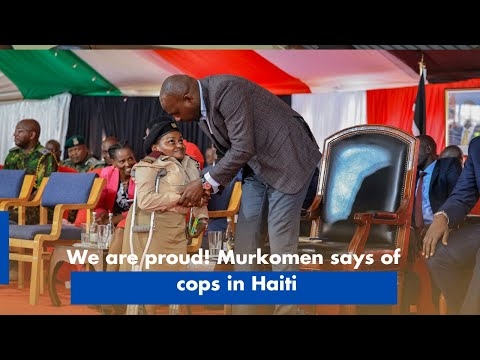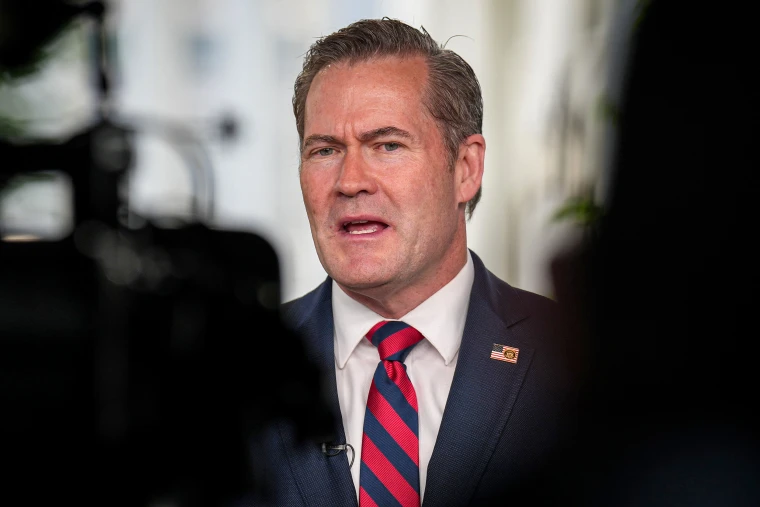

The United States has announced a new, more assertive approach to tackling violent gangs in Haiti following the transition of the Kenyan-led Multinational Security Support (MSS) mission.
The US said they are shifting from a defensive posture to what it describes as “going on offense.”
US Ambassador to the United Nations Mike Waltz said Washington was no longer willing to sit back as powerful gang leaders destabilise Haiti and threaten regional stability.
“Unlike the past, we will be going on offense… when you have gang leaders like Barbecue that are destabilising so much of our region, right off our shores,” Waltz declared.
The ambassador was referring to Jimmy “Barbecue” Chérizier, a former police officer turned gang leader, whose alliance of armed groups has overrun key parts of Port-au-Prince and plunged the Caribbean nation into a humanitarian and political crisis.
Waltz said the United States recognised the urgency of restoring security in Haiti.
He, however, emphasised that the responsibility must be shared globally.
“The U.S should not have to do this alone,” he said, calling on other nations to contribute troops, funding, and logistical support to the multinational Gang Suppression Force (GSF) recently authorised by the United Nations Security Council (UNSC).
The remarks come days after the US government delivered 20 new armoured vehicles to Haiti’s GSF through the State Department’s Bureau of International Narcotics and Law Enforcement Affairs.
The vehicles, part of a renewed US commitment to Haiti’s security, are expected to bolster the country’s police and international partners in confronting heavily armed gangs.
The delivery followed recent criticism by Kenyan President William Ruto, who, during the 80th UN General Assembly in New York, accused Washington of previously supplying second-hand vehicles to the MSS.
Ruto said the faulty equipment endangered the lives of Kenyan officers deployed in the volatile nation.
UNSC voted to establish the GSF, a new force which will have a contingent of 5,500 police and military personnel set to replace the MSS.
The force will be supported by a UN Technical Office, a UN Support Office, and the Organisation of American States (OAS).
The new structure, approved for a 12-month renewable term, will be overseen by a civilian special representative tasked with coordinating political oversight, resource mobilisation, and operational logistics.
The resolution passed with 12 votes in favour and three abstentions, including from Russia and China.
Kenya, which deployed its first officers to Haiti in June 2024, remains a key partner in the mission.
The force operates under a UN-sanctioned mandate to help restore order amid gang-fueled violence that has displaced thousands and crippled public institutions.
Ambassador Waltz said the United States fully supports Kenya’s leadership and praised countries that have pledged assistance.
However, he warned that without broader international participation, the gains made so far could easily unravel.
“Haiti’s crisis is not just a Haitian problem; it’s a regional security problem. If we don’t act decisively, instability will continue to spill over into neighbouring islands and the U.S. mainland,” Waltz said.
He reaffirmed Washington’s commitment to working closely with the UN, the OAS, and regional partners to ensure the GSF’s success, describing it as a critical test of collective international resolve.














